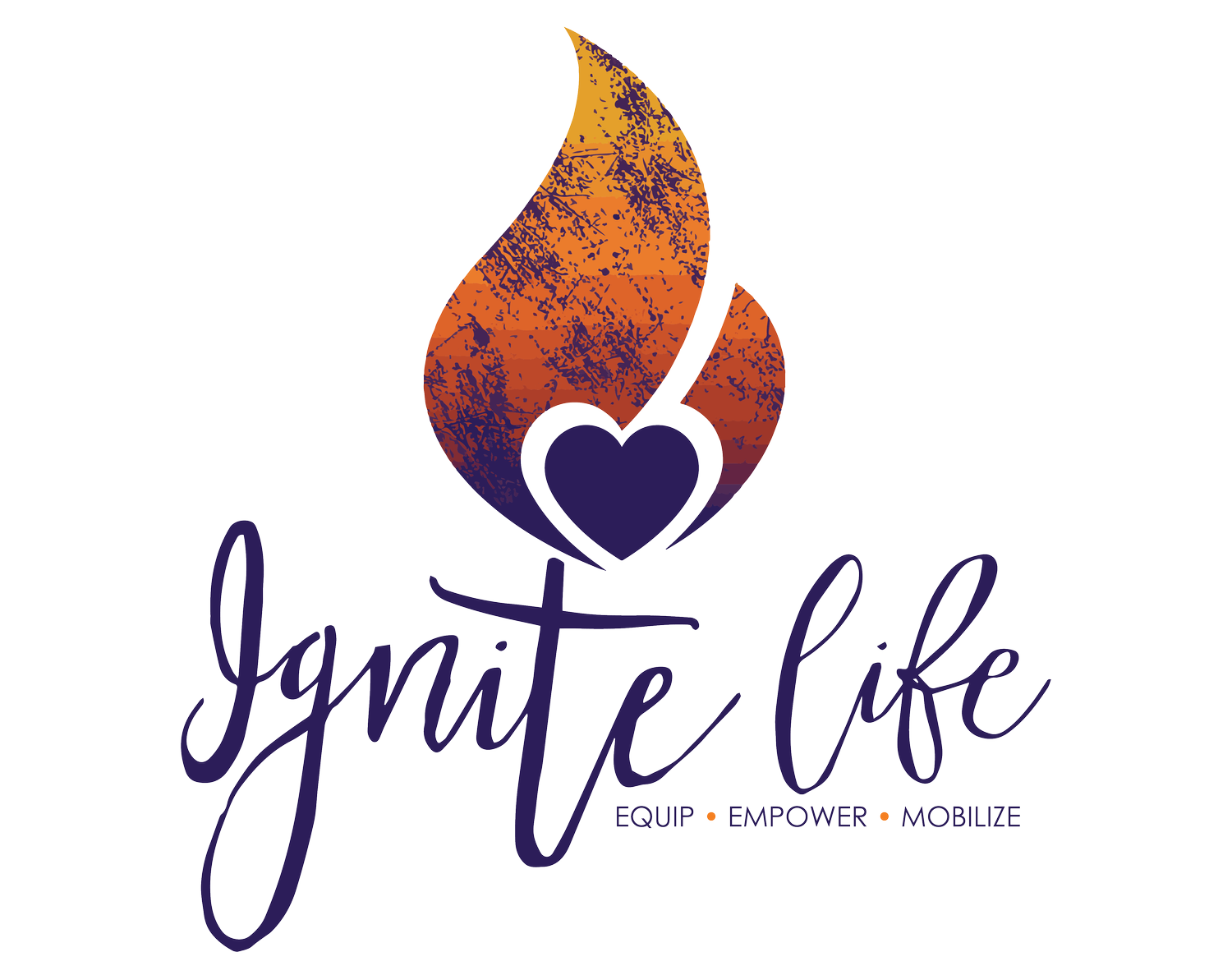Stewarding the Stirrings: The Gift of Shema!
For several years I have mentioned to my students that turning attention to our stored sacred wisdom—the words of Christ and the apostles, the psalms, the patriarchs, church mothers and fathers, anything that inspires us to wisdom and spiritual victory—is an immediate escape from the mental turmoil of, among other things, envy, lust, and worry.
When we are not perfectly content to remain fixated in our envies, lusts, and worries— and sometimes we are perfectly content—we are confident our favorite mass media offering and social media wondering will discreetly, though momentarily, do the trick. For many of us, the most immediately accessible escape is the 24-7 availability of our mass mediated, pop culture and social media dance partners. It is how we spend a good deal of our discretionary time. Mass mediated engagement is a dominant default mode when we experience mental and emotional agitation. It is the understandable primary escape route when the pantry shelves of inner thought life are barren of substance.
So how do we put the “bread of life” on the shelves?
Most of us have few clues about the cycles and strengths of our amusement longings, nor the situational triggers that thrust us into the din of entertainment offerings, we probably know just as little about the thinking habits that undergird everything else we do. For instance, as Jeremiah “called to mind” a contextualizing truth to inform his depression (Lamentations 3: 17- 23), what might be the consistent mental retrievals associated with our life journey of joys and sorrows, work and rest?
So, what are the dominant mental assertions that we claim to be true when we need undergirding in good times and bad? Christians can be wonderfully aided by practicing an ancient Jewish mental habit called “Shema”—the Hebrew word for “Hear, O Israel!”
The “Shema” is the portion of Hebrew Scripture deemed central to Jewish belief and found in Deuteronomy 6:4-9. The first three words, “Here, O Israel,” are repeated throughout Deuteronomy and emphasize different central truths and commands, but it is the portion of chapter six that serves as the initial and central confession in the Jewish Prayer book. Every Jewish adherent offers the Shema prayer up twice each day, once in the morning and once at night. Essentially, it provides mental linkage to the central truth of the believer’s life, the existence and knowable-ness of the One True God. It is the accepting of the divine yoke of relational responsibility to the Father God and the gracious boundaries necessary to keep one’s freedom from becoming bondage. In the Jewish tradition, to recite the Shema is to perform a “mitzvoth,” a sacred duty before God. One can think of it as a mental assertion of truth that identifies the believer with the faith of the Jewish patriarch and a central lens through which all of life is given form, context, and vitality.
Every day, twice per day. It is a centering act and by its very nature serves as the hub grounding all of the spokes in life’s wheel. It is a transcendent reference point for grasping who we are, where we are, and why we are. In the myriad of external demands and the flurry of distractions that make up our overly stimulated existence, such ultimate reference points are necessary. It is what we “call to mind” to give context and meaning to our easily distracted existence. It is part of the redemptive push that reminds us to love our neighbor as we love ourselves.
I would contend that everyone needs a central confession, ritually and passionately asserted every day, and maybe more than twice per day. Such a confession said aloud reminds one of their ultimate purpose--of who they are, where they are, and why they are. This kind of central confession, this Christian Shema, is an asserted and reasserted truth that ties the confessor to the Creator of the Universe, her responsibilities and privileges within the creation, and the purpose-drenched context of all thought, attitude, and behavior.
And it is a central confession that is “hidden on your heart,” memorized in order to be easily retrieved as a contextualizing, energizing confessional oasis. It starts to become internalized when it is memorized. It will not be memorized until it is deemed worthy of doing the mental work associated with memorization.
But this is the crisis of many, an inability to answer this question: Is there any truth so central and clarifying that it is worthy of being put to memory and asserted explicitly every day? Certainly, Moses and the prophets thought so.
Yet it was not only the central assertion warranting a commitment to memory, the Shema, but the surrounding truths, the laws and insights that make life gracious and filled with meaning. You cannot even skim through the Pentateuch without reading its repeated admonition to write the proclamations and commands of the Lord on “the tablets of your heart.” The Proverbs tell us repeatedly to “store up my commands within you.” Rabbi Jesus, though not formerly trained in the rabbinical system of Jewish Palestine, obviously took this challenge seriously.
We need reminders of the most important, prioritizing truths, regular daily reminders. As is clear in the biblical witness, we human creatures tend to forget what we should remember and remember what we should forget. In addition, without such daily reminders of eternal essentials we can lose track of heaven’s priorities and find ourselves consumed in trivial pursuits.
The Jewish tradition includes the regular mental retrieval of Shema. It certainly bears repeating: In reciting and confessing, the believer is accepting the yoke of heaven. And make no mistake, it is a “recitation,” and spoken aloud as early as possible, beginning the day; even, ideally, begun as the sun is about to rise.
So, what might be your “Shema”?
Paul D. Patton, Ph.D., is a professor of communication and theater at Spring Arbor University in Michigan. He has graduate degrees in Guidance and Counseling, Religious Education, and Script and Screenwriting, and a doctorate in Communication with an emphasis in theater arts. He has been married to his wife Beth for over forty years and has three daughters (all actresses)—Jessica, Emily, and Grace, three sons-in-law, David, Joe, and Eric, and four grandsons, Caleb Rock, Logan Justice, Micah Blaze, and Miles Dean.



